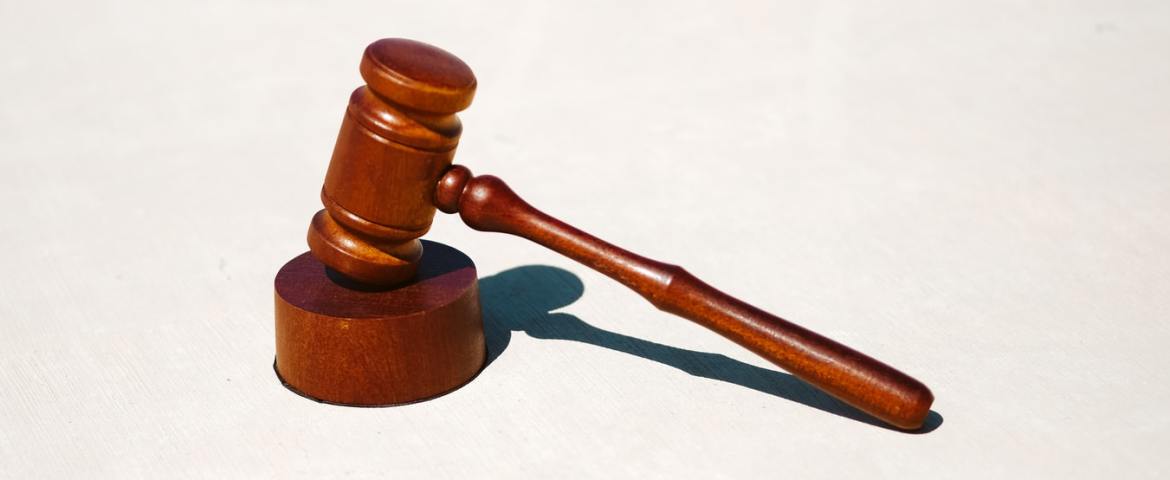
Will Maine’s Supreme Court limit the governor’s executive power?
On May 8, Maine’s Supreme Judicial Court heard an appeal of a case between two branches of government concerning checks and balances and separation of powers. In 2023, Maine’s legislature ended the regular session early to pass a majority budget and was almost immediately called into a special session by Gov. Janet Mills. The Plaintiffs, who are a combination of legislators, citizens, and the organization Respect Maine, are bringing suit alleging that Gov. Mills and legislative leadership conspired to circumvent the requirements and limitations of our state constitution regarding the convening and concluding of legislative sessions.
The lawsuit alleges that Gov. Mills used her power to convene a special session on “extraordinary occasions” to undermine the legislature’s power to begin and end special sessions, doing so to work around the constitution’s bipartisan requirements. The Court will have to consider many issues in making this ruling. Still, it should be cautious if ruling for Gov. Mills because her attorneys argue that she has absolute and uncheckable power in this area.
There are two kinds of legislative sessions in Maine: regular and special. A regular session happens at a legally mandated time of the year and ends at a specific time, though these dates differ between even and odd-numbered years. Special sessions, however, occur when either the legislature or governor feels the need to convene them, but the state constitution mandates certain requirements for each.
When the legislature convenes a special session, they need the majority consent of each party, and when the governor convenes a special session, there needs to be an “extraordinary occasion.” What happened in 2023 is that Democrats, who controlled both houses of Maine’s legislature, wanted to pass the state budget. Still, like all bills, the budget needed either an emergency rider and supermajority support to take effect immediately or, with simple majority support, take effect 90 days after the conclusion of the legislative session.
The theory is that Gov. Mills and legislative leadership colluded to end the regular session early to ensure their majority budget took effect before the start of the next fiscal year and then have the governor declare a special session to conduct remaining legislative business. The big problem is that there was no “extraordinary occasion” to justify Gov. Mills’s declaration of a special session.
The governor’s counsel argued in part to the Court that the governor can declare anything she wants as an extraordinary occasion, and no other part of the government can review it. If the Court agrees with this argument, there would be no limits to when or how many times a governor can call the legislature into session, which has worrying implications.
If the Court agrees with the defendants’ reasoning, Gov. Mills could declare an extraordinary occasion because she stubbed her toe, had breakfast half an hour late, or for no reason at all. While her counsel justified this as “separation of powers,” it is essential to remember that separation of powers exists as a principle to stop any office of government from being able to act unchecked, hence the terms “checks and balances.” According to UScourts.gov, separation of powers in the federal branches of government, which our state branches were based on, exists primarily to “prevent one branch of government from becoming too powerful, and to create a system of checks and balances.”
Thus, telling the Court that the governor has uncheckable authority to call a legislative session actually runs counter to the idea of separation of powers. Even worse is the implication that the “extraordinary occasion” language of the Maine Constitution would be rendered meaningless.
If a governor wanted to, they could call the legislature to a special session every hour of every day, at least if the defendants’ legal theory is considered correct. Legalizing a governor’s power to harass another branch with unnecessary sessions would be an incorrect and outright absurd conclusion for the Court to reach. Hopefully, whether or not they rule for the plaintiffs, the Maine Supreme Judicial Court will confirm that checks and balances still exist in Maine.
